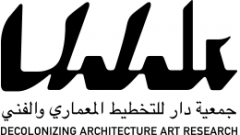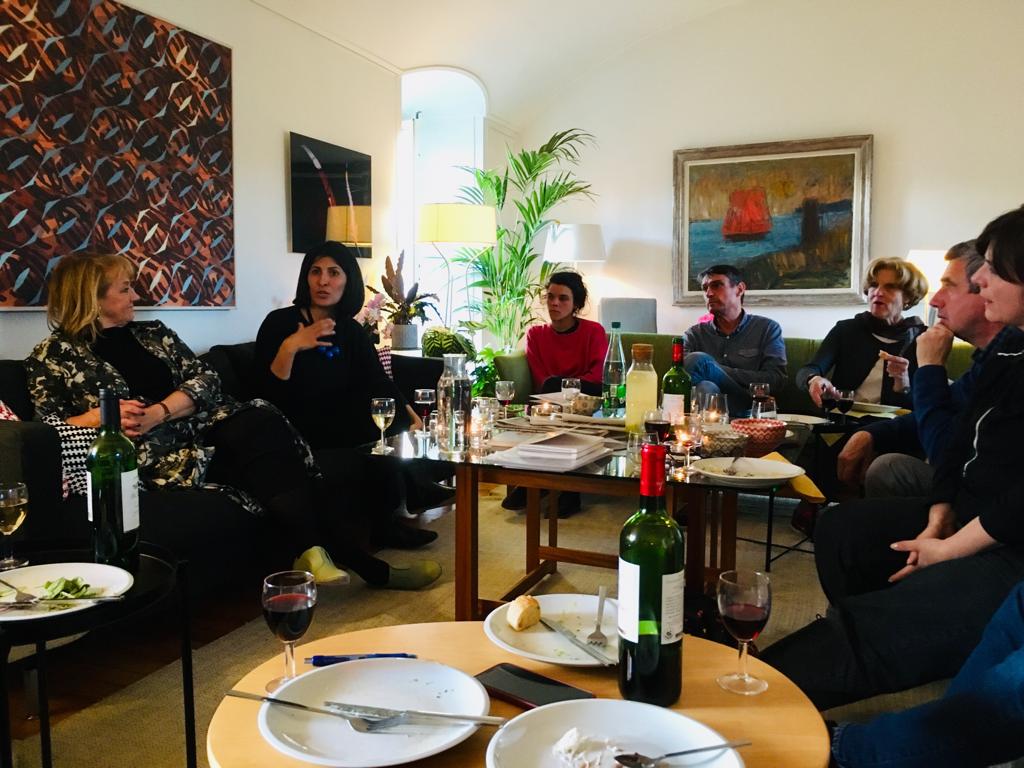When the Public Luxury exhibition was to be moved from ArkDes to the Institut Suédois in Paris, I was asked if I would be interested in showing the living room there. I received an email with beautiful photos from the Institut Suédois as a proposal on where to locate the living room within the exhibition. I felt overwhelmed. I was not sure if it was possible, each time I’m invited to do a show or a project, to find the host and to activate the living room. I sent an email explaining that the living room is not an art installation and that it cannot simply move to Paris without thinking about its activation during the exhibition. I received a reply from Ewa Kumlin telling me that she was in Stockholm and suggesting that we meet at ArkDes. We met in Cafe Blom at ArkDes and were unable to stop talking; we felt we had a lot to share. Ewa explained why she was very keen to have the project at the Institut Suédois. She mentioned how she is personally invested in the way we can collectively understand hospitality today, and explained how hospitality had been an essential practice at the centre of her life since childhood. We discussed the importance of reintroducing the concept of hospitality today into Swedish institutions and society from different perspectives. We talked about the risk of forcibly separating private life from public life, and she told me how she felt the need to create rituals such as inviting people to share a pizza and a box of wine as a way to create a community in her own living room. We discussed this and many other things. As we talked, I was thinking about the difference between what she was saying and me raising the urgent need to bring hospitality back into the centre of the way society is organised in Sweden today. My ideas could be interpreted as me criticising Sweden; hers would undoubtedly be more constructive. There is so little that we can do about identity politics, except sometimes trying to create alliances that can go beyond our national identities. I promised Ewa I would think about how to present the living room in Paris. I suggested that maybe we just needed to announce that we were still looking for the host. Coming back home Alessandro asked me why I’d changed my mind, and why I was now open to showing the living room in Paris. I replied that I liked Ewa and thought that it would be nice to do something together. Alessandro suggested that I should concentrate on what made me change my mind. I slept on it for a few days; then something hit me: what if Ewa was the host? Before meeting Ewa, I thought about hospitality as a way for refugees and foreigners to gain agency. I always positioned myself as a privileged artist and architect in Sweden. What was mind-blowing for me was the realization that both Ewa and myself need hospitality to break social codes, each in our own domain. It is precisely from within this kind of threshold that we can create alliances that go beyond class, gender or social status.

